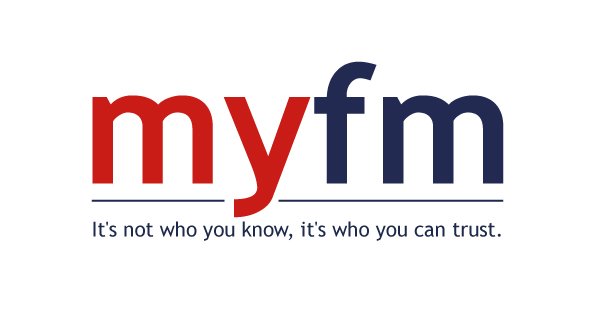The Ability To Empathise With and Integrate into the Client's World – A sneak-peek from the Founders' Desk
Facilities Management is integral in workplace strategy as well as supporting business continuity. It involves employees working within all FM services, different stakeholders, the end users, and the guests. And it’s a well-known fact that most of the responsibilities in facility management primarily focus on creating a happier and healthier workplace environment.
Facility Managers foster an integrated environment to create a coherent experience for the employee when they come to work and ensure that everything works well and that all the touchpoints are well supported. We cannot stress more the fact that one of the essential skills for a Facility Manager is the ability to deal with people effectively, better understand the employee's and client's struggles and anticipate their frustrations and address their needs.
And in the present scenario, as organisations work to reinforce health and safety measures across facilities and offices, increased empathy and understanding for individuals' health, work from home, essential working, or any other situations is necessary.
Recently our Head of Business Development interviewed myfm’s Founding Director Ulf Muller, on the changing dynamics in FM hiring and what in current times is of prime importance, how he intends to adapt to the changing needs and what he thinks can be done better. Here was one of the burning questions covered;
Why is empathy important?
"It becomes imperative to put yourself into the shoes of your employees, facility clients and end users—and to empathise with their world.
I believe that everyone's world is different. And from the facility management angle, what the associate/consultant(s) empathise with is often the issue clients face. Unfortunately, clients often are not that forthcoming when bringing their issues forward. Maybe they are buried under a layer of other problems in terms of time, resources, and expertise and are not always forthcoming. And this is where the relationship needs to be built first to exchange that.
And we have an incredible set of great individuals in our network who have increased empathy and understanding for individuals. However, I've observed that the more subject matter expertise people have, the more they lack empathy because their world of expertise drives them. So, it is always beneficial to have a mediator somewhere in between or someone who can translate, communicate, and integrate into the client's or the end users' world.
There could be a possibility of an underlining issue behind the lack of attention to empathy. It is not only because people seek different things but also because of the limited distribution of resources that can cause conflict sometimes. Or it might be a succession plan that hasn't been in place, a personality clash, missing seniority, etc., which could lead to this kind of challenge that sometimes clients find themselves in.
Calling it the most significant challenge and an issue in the broader network, he says most of us are comfortable with getting stuck in our view of things and not towards what an ideal client(s) viewpoint could be. So a good amount of our effort needs to be channelised towards shifting people's mindsets and being able to empathise more with the client's solutions.
I think that's a key differentiator. We offer a service which customers buy, and for them to buy from us, they need to feel we're trustworthy and demonstrate considerable empathy. That's the key."
Ulf states that myfm network of experts has primarily two skill sets: those driven by relationship expertise, where they can empathise with people and understand and translate what someone says into something tangible. On the other hand, there is subject matter expertise.
There's a correlation between those who are excited and interested in the subject matter expertise. So when all your mental energy has gone into the subject matter expertise, there's not much space for empathy and vice versa. This does not mean people with subject matter experts don't have compassion, still, he thinks there is a trend where people with slightly less expertise have displayed empathy and therefore better connected to understand their client's needs, expectations, and helped them move their worlds”.
The Bottomline :
With both internal and external stakeholders to deal with and with different expectations a Facility Manager is supposed to fulfil, there ought to be some barriers to understanding clients' needs and expectations. And to pass these barriers, if one can empathise and integrate into the client's world and recognise the significance of clients and their inputs, it can serve as a key to securing good projects and success in the coming times.
The senior leadership must understand human psychology, demonstrate empathy and prioritise, and guarantee to spend time on the front line to pave the way for seamless managerial planning and decisions.
Our experts are here to help with competency and your capacity-related demands.
Scroll through the myfm team below and click to find out more on their experience, skill set and how they can help your business and needs.





